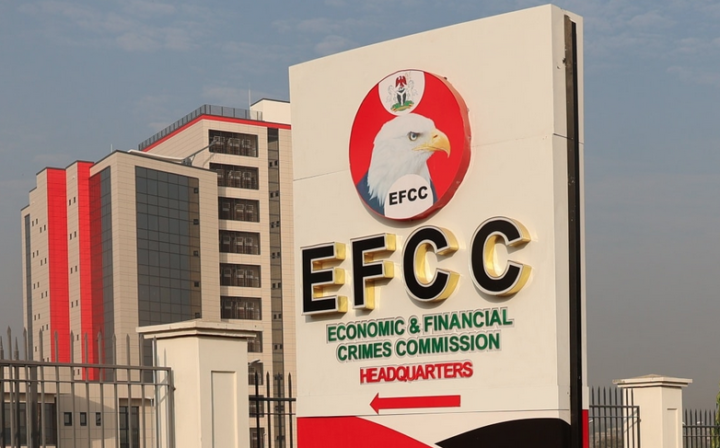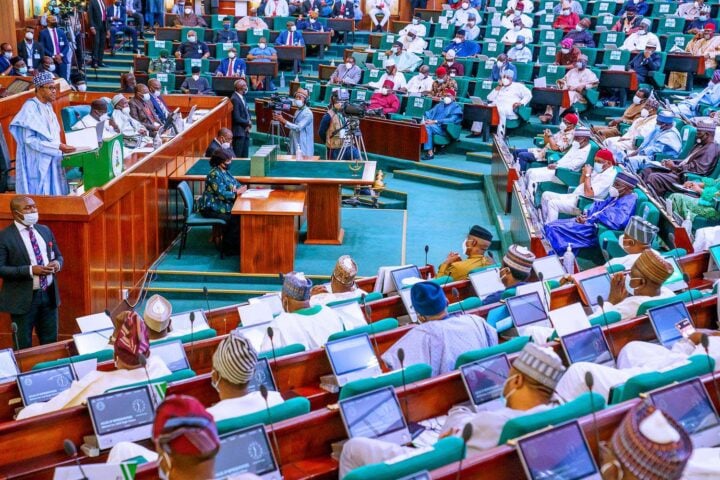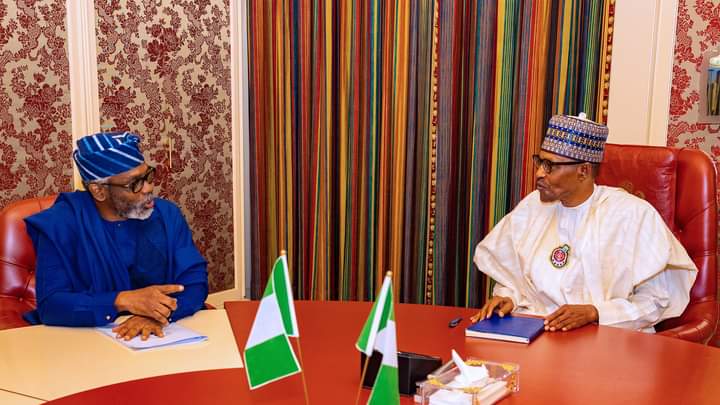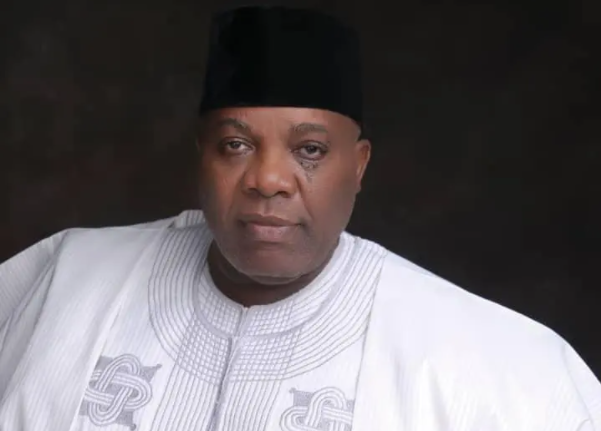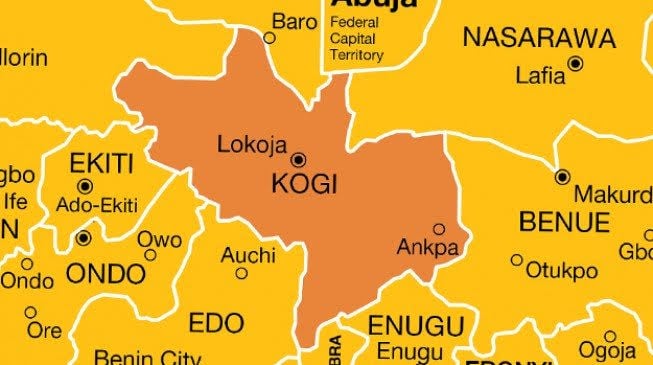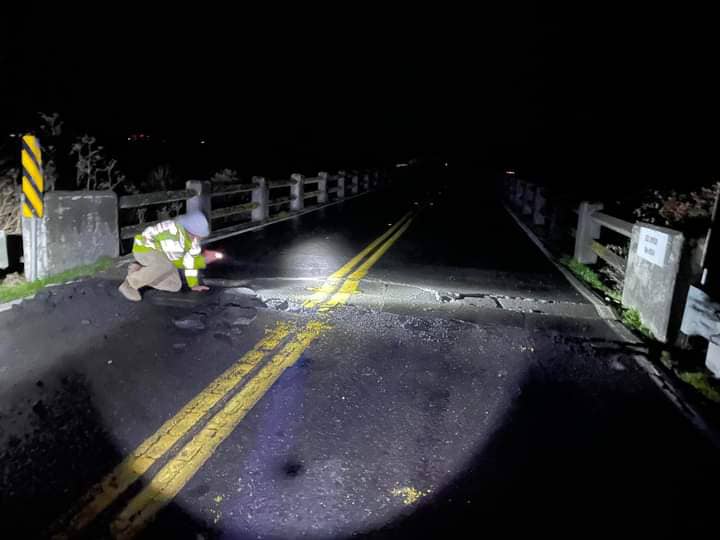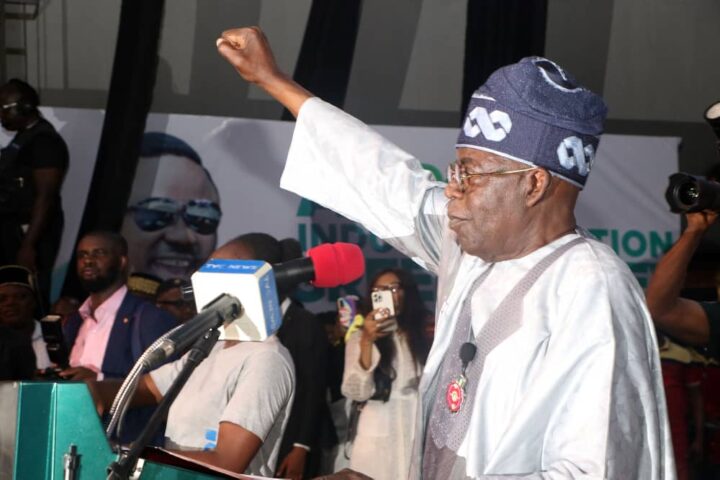Olisa Agbakoba, a senior advocate of Nigeria (SAN), says he will institute a case against the Economic and Financial Crimes Commission (EFCC) to determine whether the anti-graft agency has constitutional powers to probe state expenditure.
BACKGROUND
For over a year, the EFCC and the Kogi government have been at loggerheads over allegations on activities around an account in Sterling Bank said to contain about N20 billion as bailout loan.
The anti-graft agency had alleged that there were suspicious fraudulent activities related to the account.
Advertisement
Also, on December 15, the commission arraigned Ali Bello, identified as a nephew of Yahaya Bello, governor of Kogi, and one Dauda Suleiman on a 10-count charge bordering on alleged misappropriation and money laundering.
The anti-graft body claimed the duo, alongside one Abdulsalami Hudu, a cashier at the Kogi state house who is now at large, withdrew N10.2 billion from the state’s treasury for personal use.
In a statement on Sunday, Agbakoba criticised the EFCC, stating that the commission has no constitutional right to probe how a state spends its money.
Advertisement
He added that only the Independent Corrupt Practices and Other Related Offences Commission (ICPC) and state assemblies have the responsibility to probe state expenditure.
Responding, the anti-graft commission said Agbakoba is casting aspersion on the commission’s commitment to tackling corruption.
“The commission takes great exception to the indecorous and utterly irresponsible attempt by Agbakoba to dress it in the borrowed garb of a lawless entity and a meddlesome interloper, who has no business probing the stealing of Kogi state resources,” the EFCC said.
AGBAKOBA HEADS TO COURT
Advertisement
Responding to the EFCC in another statement on Tuesday, the former Nigerian Bar Association (NBA) president said only a court of law can make a declaration on the issue.
“The EFCC issued a response stating that I was wrong to take the view that it sometimes acts outside the scope of its powers vested by the EFCC Act,” he said.
“The EFCC referred to some cases, but I would say that in a very recent decision, DR. Joseph Nwobike SAN v The Federal Republic of Nigeria FRN SC/CR/161/2020, the supreme court drastically limited the scope of powers of the EFCC, as it recognised that the EFCC being very powerful could not be allowed to run amok.
“I am not a court. Neither is the EFCC. I will proceed to the court for a declaration on the exact scope of powers of the EFCC, especially in relation to states of the federation.
Advertisement
“A declaration by a judicial authority is the most valid process to authenticate if am right or wrong with respect to my position that the EFCC often acts contrary to the law.
“I am not in any way against the EFCC on the fight against corruption. As admitted by the EFCC, I have always supported the fight against corruption.
Advertisement
“My concern is that the EFCC, in its undoubted statutory powers to stamp out corruption in Nigeria, must strictly conform to the prescriptions of the law. EFCC must not in the fight against corruption undermine the rule of law. So to the courts, I go.”
Advertisement
